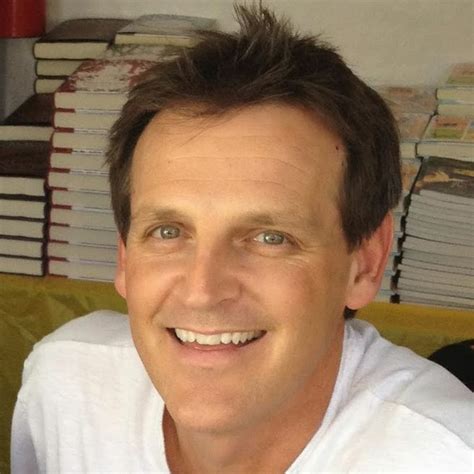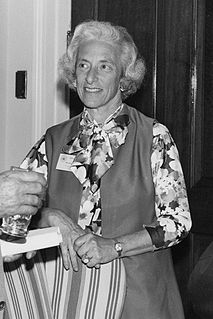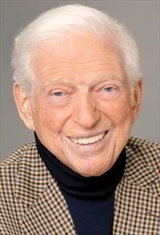A Quote by Janet Evanovich
Transitions are critically important. I want the reader to turn the page without thinking she's turning the page. It must flow seamlessly.
Related Quotes
A book is something that young readers can experience on their own time. They decide when to turn the page. They'll put their arm right on the page so you can't turn it because they're not ready to go to the next page yet. They just want to look at it again, or they want to read the book over and over because they really enjoy setting the pace themselves.
Comics are not theatre - there's a very important difference in that the reader controls the page. You can linger on a page of comics as long as you want. You can read and go forward and then move back; you can reread, in one sitting or at your leisure. You can take as much time as you want to take in that story.
You need to give the reader a reason to turn the page. In a diary, you are just yourself. You aren't trying to entertain. You aren't trying to get anyone to turn the page. I have over one hundred and fifty six volumes of my diary and I guarantee you that if you read them, you'd stop and never come back.
Yes, the fear of its blankness. At the same time, I kind of loved it. Mallarmé was trying to make the page a blank page. But if you're going to make the page a blank page, it's not just the absence of something, it has to become something else. It has to be material, it has to be this thing. I wanted to turn a page into a thing.
No one reads to hear someone complain about the weather or how poorly their children are behaving. You have to give the readers a reason to turn the page. As a writer you have to invite someone to turn the page. And that is a skill you have to refine. That is why you have to read. You have to read to learn what it is that makes people turn the page.
Here's what I want from a book, what I demand, what I pray for when I take up a novel and begin to read the first sentence: I want everything and nothing less, the full measure of a writer's heart. I want a novel so poetic that I do not have to turn to the standby anthologies of poetry to satisfy that itch for music, for perfection and economy of phrasing, for exactness of tone. Then, too, I want a book so filled with story and character that I read page after page without thinking of food or drink because a writer has possessed me, crazed with an unappeasable thirst to know what happens next.
With the audience I write for, I want to make sure that the reader is eagerly turning every page. I want each of my books to be an absorbing reading experience, an authentic piece of literature. The worst thing that can happen is for a book to have a chilling effect on the reader, to have a kid pick it up and look at a bunch of footnotes and think, No, I'm not going to read this, it's too intimidating.
The only place where you can really surprise or shock the reader, or make someone laugh, is on the lower righthand corner - the very last panel - so as you turn the page, the payoff is in the upper lefthand panel. To pace every story so that there's a setup and a payoff at the page turn was a huge challenge; it's a part of the medium and you really have to learn what can be done in the medium.





































